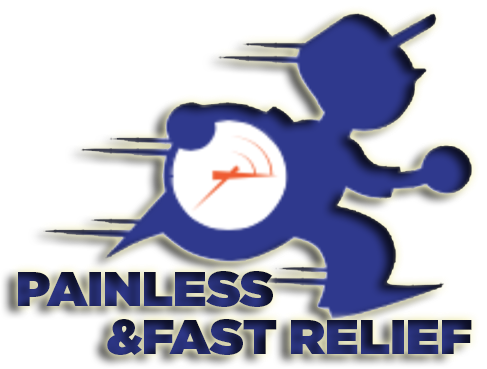What is constipation?
Constipation means different things to different people. For many people, it simply means infrequent passage of feces. For others, however, it means hard stools, difficulty passing them (straining), or a sense of incomplete emptying after a bowel movement. The cause of each of these symptoms of constipation vary, so the approach to each should be tailored to each specific patient.
what are symptoms?
- Lower abdominal discomfort
- A sense of incomplete evacuation (the feeling that you still have to "go")
- Straining to have a bowel movement
- Hard or small stools
- Rectal bleeding and/or anal fissures caused by hard stools
- Physiological distress and/or obsession with having bowel movements.
What Could Cause Constipation?

Constipation can be of different kinds. Occasional constipation, chronic constipation, travel-related or age-related constipation. Besides travel, age and pregnancy related constipation, the others can be triggered by any of the following factors:
- Change in diet - You might be eating more greasy food than usual or may have started a new weight-loss program, any change in your diet could trigger the odd bout of constipation. There are certain foods that can also bring this on: high-fat or processed food, alcohol or even too much caffeine.
- Lack of Fluids - On days that you don't drink enough water you might be constipated. Also note that artificial beverages don't count as fluids because they actually trigger constipation instead of driving it away.
- Lack of exercise or a sedentary lifestyle could slower your metabolism. And this could hinder digestion which could cause constipation.
- Medication - Certain kinds of painkillers or medicines can bring your system to a halt and cause constipation. If needed, you can take a stool softener. Even vitamins and iron supplements could create a problem and if they do, you should check with your doctor.
